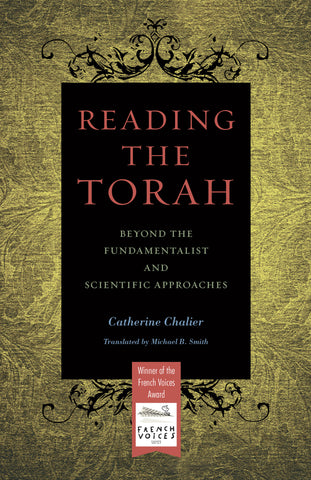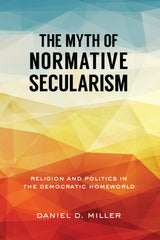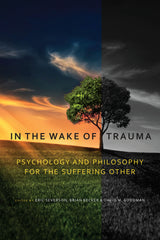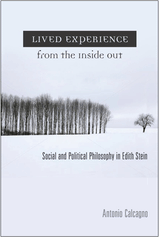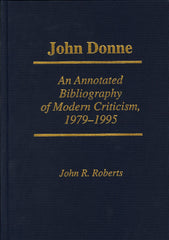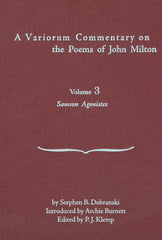Reading the Torah: Beyond the Fundamentalist and Scientific Approaches
Catherine Chalier, Translated by Michael B. Smith $28.002016 French Voices Award Winner
April 2017 | paper | ISBN 978-0-8207-0706-8 | 220 pages
Book Information:Fundamentalist readings of the sacred texts of major world religions are often regarded as an ever-increasing threat to personal and democratic freedoms. Historical and critical readings, alternatively, purport to be objective and teach us to understand these texts by relating them to the past and to their authors’ intentions. But while counteracting some of fundamentalism’s dangers, does not this scientific refutation of such interpretations omit essential questions? Is it not likely to overlook the spirituality conveyed by the very language in which the text is written? In Reading the Torah, philosopher and Judaic studies scholar Catherine Chalier addresses these very timely issues and explains how a spiritual reading—in this case according to the Jewish tradition — leads to an understanding of aspects of these important texts that are otherwise missed.
Jewish tradition, in particular, posits that reading sacred texts can be the work of an entire lifetime, and strives to dig beneath the surface, reexamining the underlying meanings from generation to generation. The language of the texts, subjected to close scrutiny, holds a multitude of meanings that are unfolded over time, through innumerable readers. Furthermore — and especially, Chalier asserts — this proposed way of reading never separates the quest for meaning and truth from the demanding labor on oneself. She describes four levels of reading, from which the literal is not excluded; to read the Torah, then, is at the same time to travel through history with it, alongside other men and women who do not all advance at the same pace or in the same way. As Chalier makes clear, serious study of the Torah — or any other text deemed sacred by a monotheistic tradition — requires both knowledge of the methods used throughout history and the reader’s commitment to a relationship with the text, even when confronted by other similarly engaged readers who reach different, but also legitimate, conclusions.
In our own time, as Reading the Torah demonstrates, a spiritual reading of the Jewish texts leads us to encounter burning questions, such as those related to the land of Israel and to Jerusalem, to the singular destiny of the Jewish people, and to politics.
“[Chalier] explains . . . how the Judaic tradition has developed the tools to peel off the husk and reinvigorate the text from generation to generation. This work is indispensible for those who would understand how Judaism takes up and revives the words of the Torah.” — Etudes
Catherine Chalier is professor emerita of philosophy at the University of Nanterre in France and the author of over 25 books dealing with Judaism and philosophy. Her 2009 book La nuit, le jour received the prestigious Prix des Écrivains Croyants book award. This is the second of her books to be translated into English.
Michael B. Smith is professor emeritus of French and philosophy at Berry College and the author of Toward the Outside: Concepts and Themes in Emmanuel Levinas. He has translated a number of Emmanuel Levinas's works, including Alterity and Transcendence, In the Time of the Nations, and Outside the Subject. He is a past president of the Continental Philosophy in a Jewish Context group.

